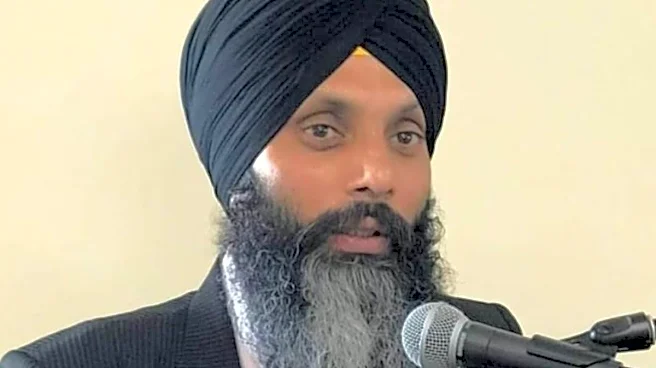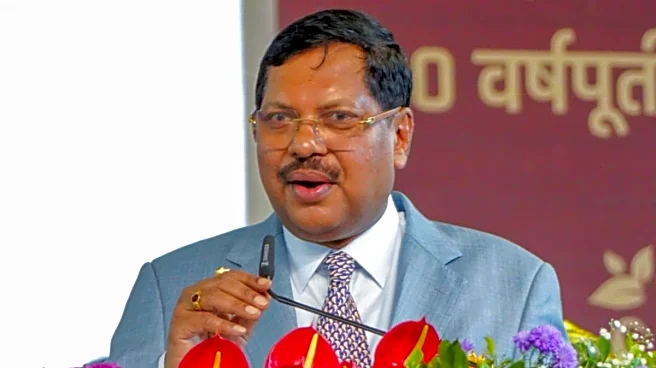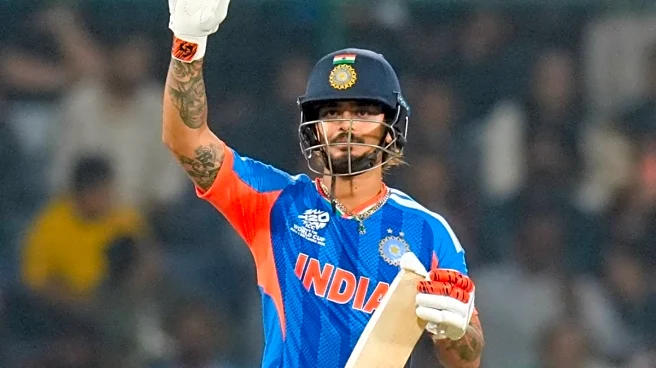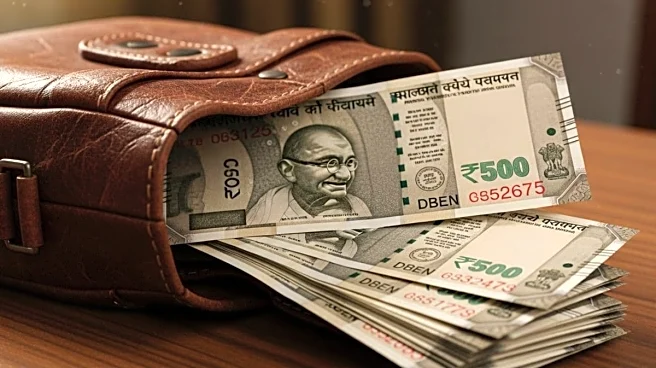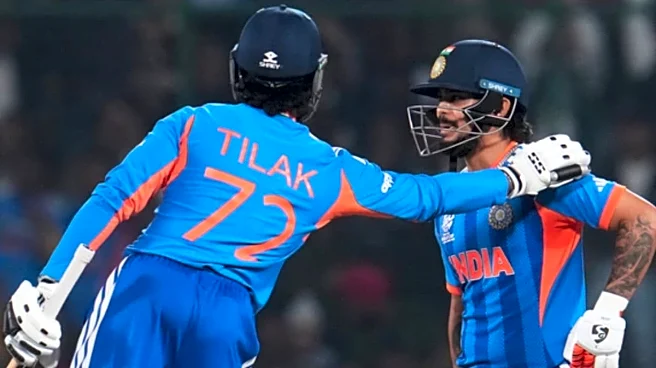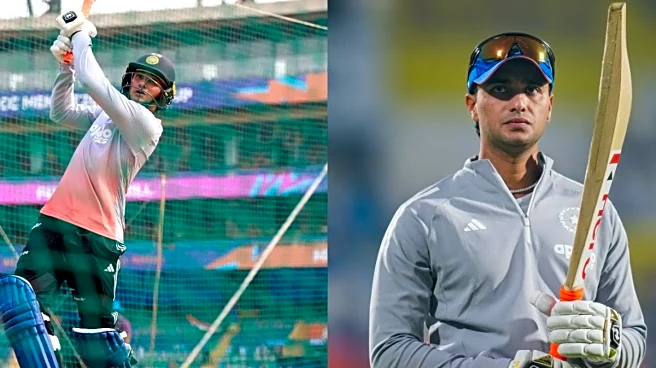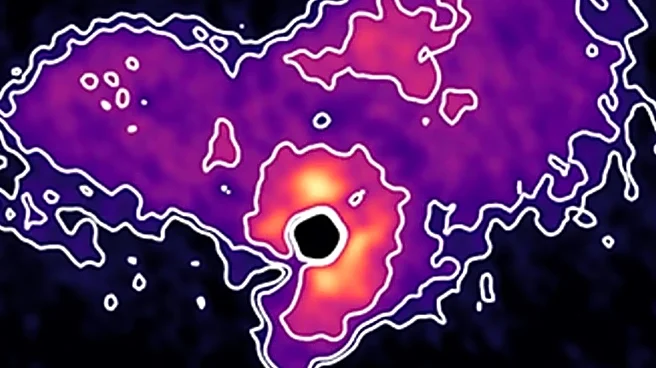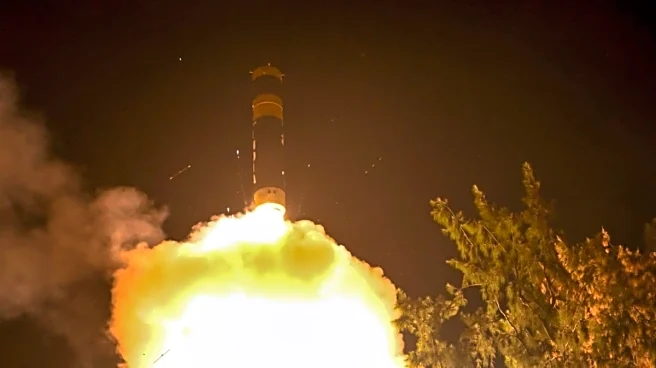A new investigative documentary has reignited tensions surrounding the killing of Hardeep Singh Nijjar, with reports alleging that British intelligence intercepts helped Canadian authorities draw links
between India and the murder of the Khalistani separatist leader. The claims, featured in Bloomberg Originals’ documentary, have sparked fresh debate amid ongoing diplomatic efforts by India and Canada to mend strained relations.
What did the documentary say about British spies role in investigation?
According to the documentary, the UK’s Government Communications Headquarters (GCHQ), the country’s electronic intelligence agency, intercepted phone calls that appeared to discuss three potential targets – Hardeep Singh Nijjar, Avtar Singh Khanda, and Gurpatwant Singh Pannun.
These intercepts, the documentary claims, were shared with Canada in late July 2023 under the Five Eyes intelligence-sharing alliance, which includes the UK, US, Canada, Australia, and New Zealand. The report suggests the intelligence became a “breakthrough” in the Royal Canadian Mounted Police (RCMP) investigation into Nijjar’s murder.
The intelligence was allegedly transferred under strict conditions. It was hand-delivered to Ottawa, kept off electronic systems, and viewed only by a handful of officials pre-approved by London. The intercepted conversations reportedly indicated that individuals “believed to be working on behalf of the Indian government” had discussed how Nijjar had been “successfully eliminated”.
Meanwhile, the revelations have prompted renewed scrutiny in Britain. The Sikh Federation UK has reportedly written to Security Minister Dan Jarvis, demanding clarification on why British authorities had not disclosed this intelligence when questioned by MPs representing Sikh communities.
The group has also called for transparency regarding any British intelligence related to the death of Avtar Singh Khanda, another pro-Khalistani activist who died of blood cancer in Birmingham in June 2023. Despite allegations from certain Sikh organisations, British authorities had earlier ruled out any “suspicious circumstances” in Khanda’s death.
India rejects allegations as politically motivated
India has vehemently denied any involvement in Nijjar’s killing, calling the allegations “absurd and politically motivated”. New Delhi has repeatedly accused Ottawa of giving space to extremist Khalistani elements operating from Canadian soil.
The diplomatic fallout from Canadian Prime Minister Justin Trudeau’s 2023 statement, in which he said security agencies were pursuing “credible allegations” linking Indian agents to Nijjar’s murder, led to the expulsion of diplomats on both sides and a freezing of bilateral ties.
India-Canada relation
Relations began to improve after Liberal Party leader Mark Carney’s victory in the April 2025 Canadian parliamentary elections. Prime Minister Narendra Modi and Carney met on the sidelines of the G7 Summit in June at Kananaskis, signalling a willingness to rebuild ties.
By August, both nations had reappointed envoys to each other’s capitals, marking the first tangible step in restoring diplomatic engagement even as the Nijjar controversy continues to cast a shadow over the relationship.
